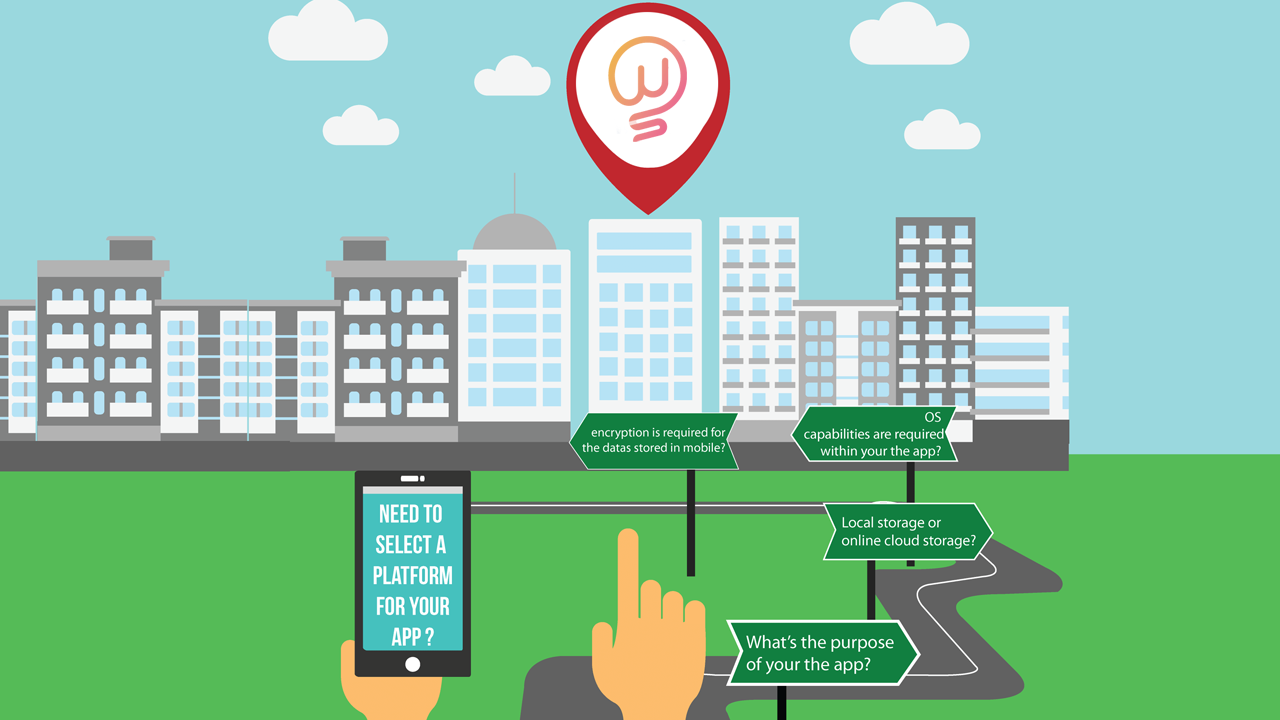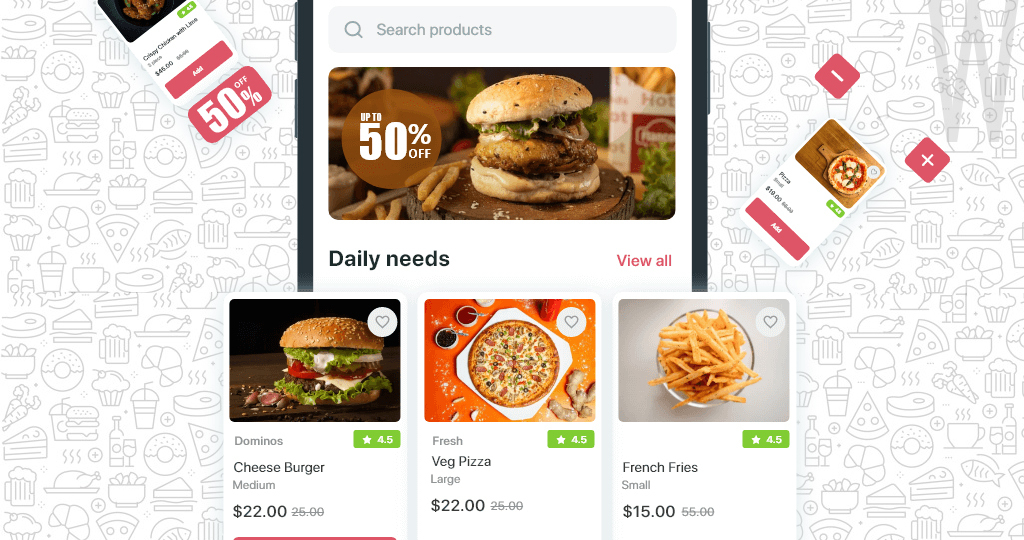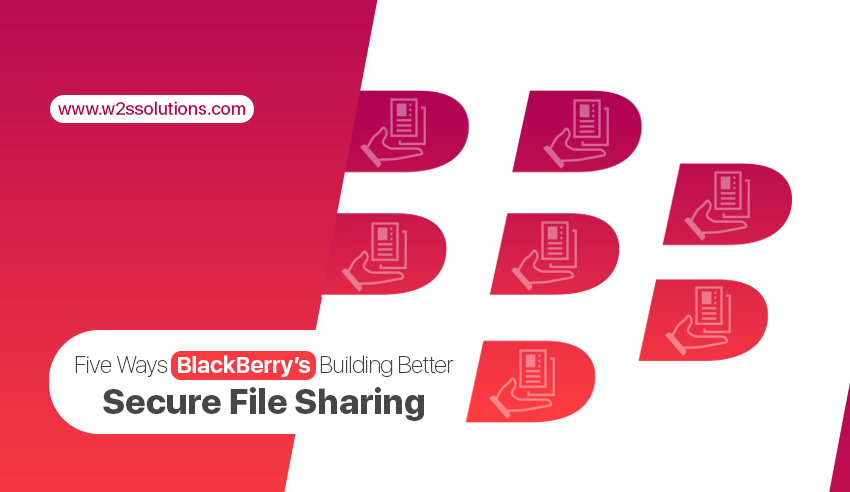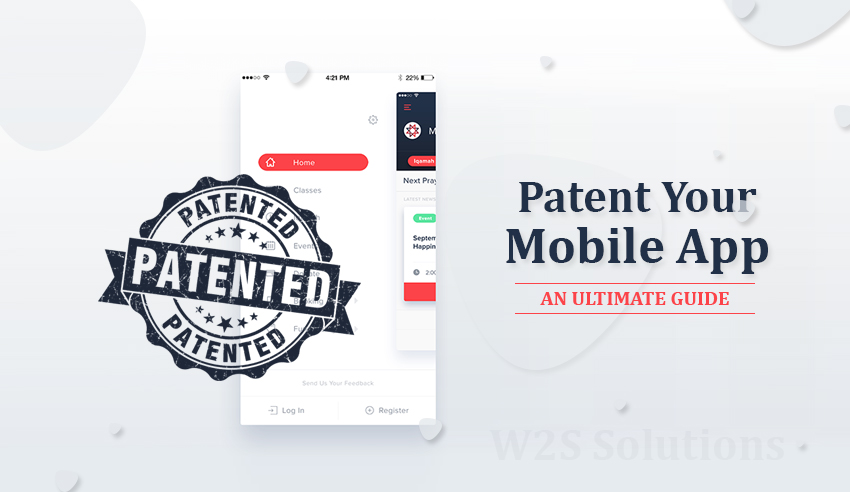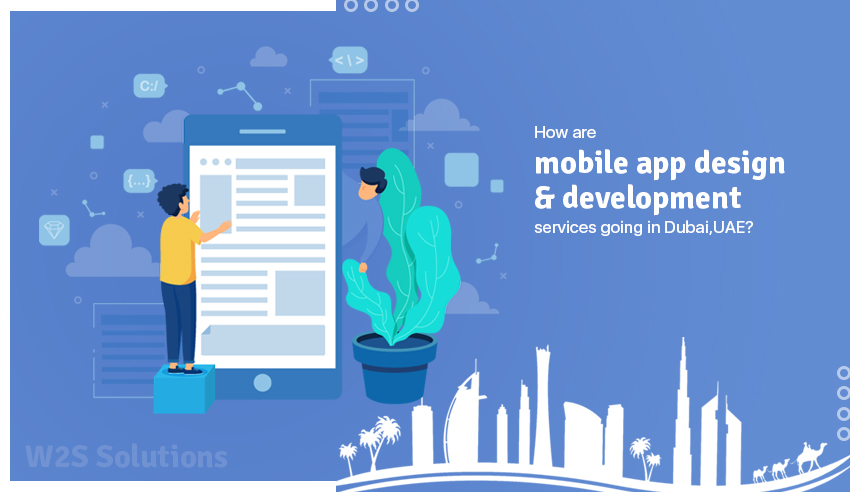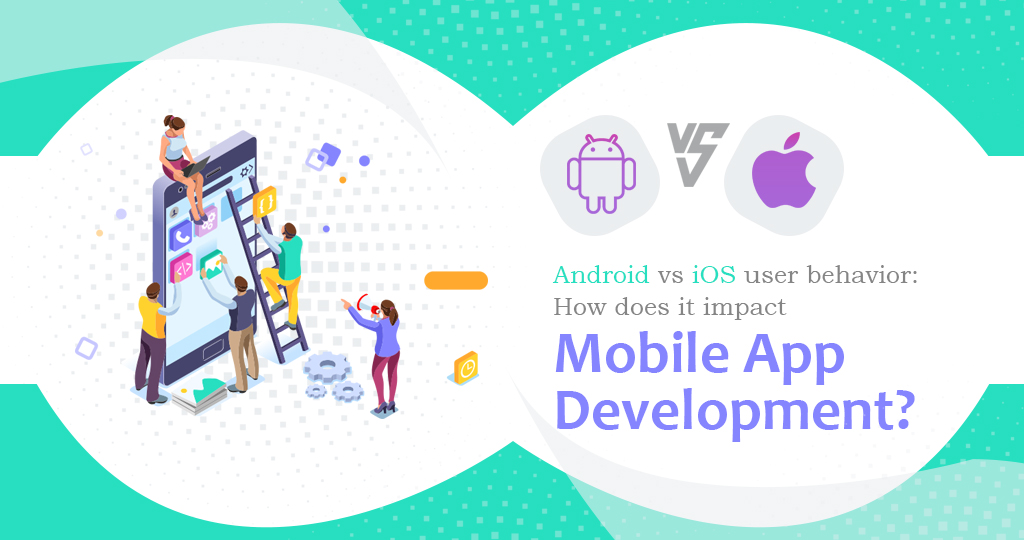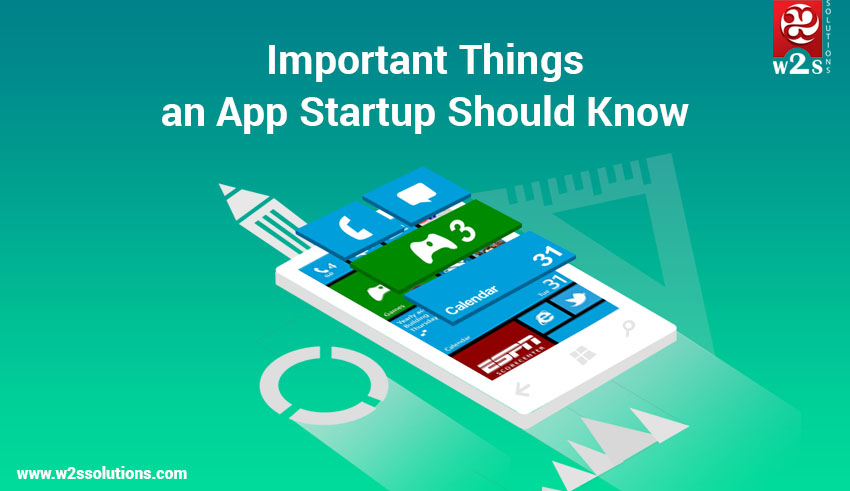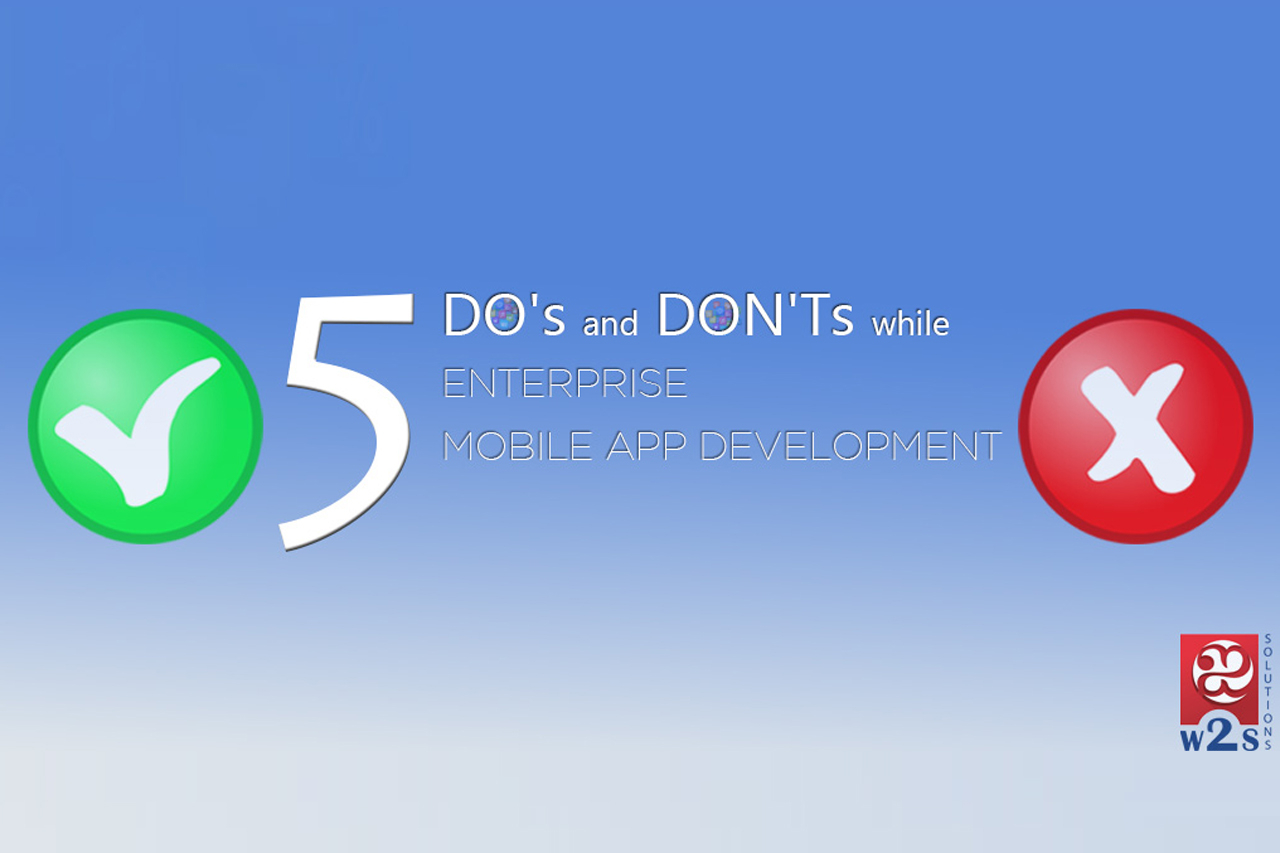Enterprises struggle to choose a mobile app framework to meet their needs:
Many enterprise customers are looking for a ‘one size fits most’ mobile architecture to address their app requirements. The challenge is that multiple mobile architectures are available and serve a variety of needs. However, no single architecture can achieve all the goals of an organization. As an Enterprise mobile solution provider, W2S Solutions knows the trade-offs of each platform. We consider the following factors before selecting a platform:
- What’s the purpose of your app?
- Does the app require local storage or online cloud storage?
- What level of encryption is required for the data stored in mobile?
- What are the authentication methods required to communicate between Mobile and cloud API?
- What device features have to be integrated such as geolocation, phone, camera?
- What OS capabilities are required within your app?
Here we will do analysis about various platforms:
The organization should consider what types of capabilities their app would require. For example, the following capabilities can be handled easily by native apps:
- Enhance the performance and user experience.
- Accessing GPS to determine the location of a user and point them on a map.
- If it has a need to manage peer-to-peer communication and access contacts list to identify employees, clients using their email address or phone number.
- Push notifications to inform news and alerts, as well as push potential cross-selling opportunities based on predetermined triggers.
- If it has hard intensive operations like image filtering, animations, and graphics effects.
Cost:
The cost and effort involved in creating and maintaining apps across multiple platforms can be more expensive.
No Code Reuse:
Native apps need to be written for every platform from scratch. There is no ability to reuse tools and programming languages across other platforms.
Time to Market:
Unless developers have extensive knowledge and experience coding in native language, It costs time to market.
Cross-platform app:
In recent years, Adobe Cordova Phonegap with ionic framework and Microsoft Xamarin has gained momentum with offerings targeted to organizations. The simplicity of development using familiar technologies (HTML, CSS and JavaScript or .Net C#) with options to choose any framework can lead to a quick start in building apps. Phonegap container with HTML5 reduces cross device platform development cost, compared with multiple native software development kits. User experience is getting better with the ionic framework and touch sensibility is good so far.
Performance:
Right now, cross-platform has limitations in terms of performance and fidelity when used in the most straightforward manner.
Device-level feature Integrations:
such as camera, contacts, calendar, and geolocation will be time-consuming.
There is no “silver bullet” when it comes to mobile app architectures. No single architecture satisfies all of an enterprise’s needs. By understanding these architectures and trade-offs, W2S Solutions mobile apps development team provides the best solution that meets your requirement. Drop us a line or send an email to bd@w2ssolutions.com
